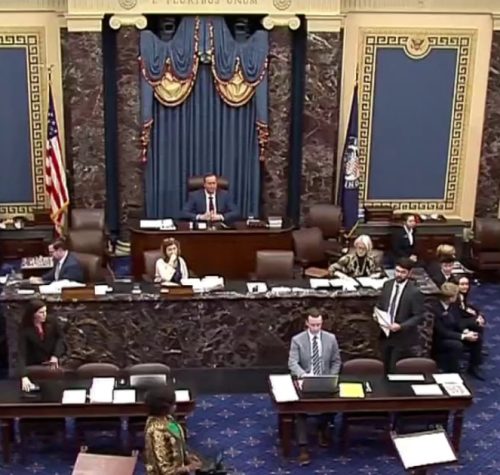
Senate votes to reopen government
The Senate passed legislation to reopen the government and end the record-long shutdown after eight Democrats broke with their party and joined Republicans. NBC News’ Gadi Schwartz and Melanie Zanona discuss next.
Discover the latest news and trending stories from around the world. Our news updates cover politics, society, and daily events to keep you informed.

The Senate passed legislation to reopen the government and end the record-long shutdown after eight Democrats broke with their party and joined Republicans. NBC News’ Gadi Schwartz and Melanie Zanona discuss next.
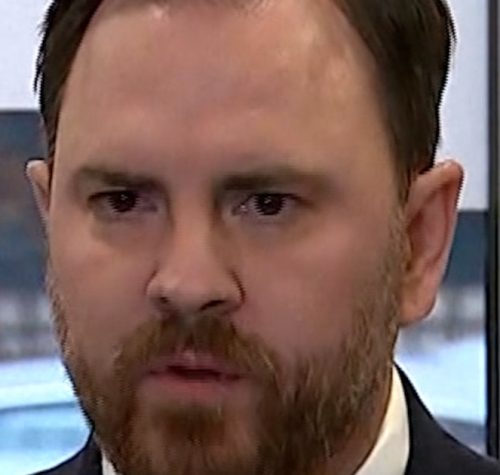
Air traffic controllers have now missed two full paychecks amid the government shutdown. President Trump threatened controllers to return to work or be “docked”. NBC News’ Tom Costello reports.
Source link
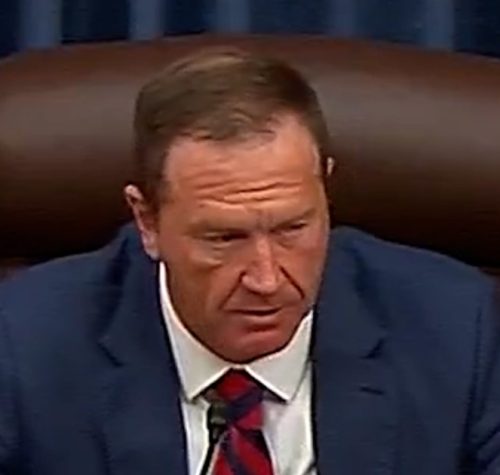
The Senate passed legislation to reopen the government and end the record-long shutdown after eight Democrats broke with their party and joined Republicans to break the logjam. The measure now goes to.

More than 2,000 flights were canceled on Monday, affecting travelers across the country. Air traffic controllers have now missed two full paychecks amid the government shutdown. President Trump threatened controllers to return.
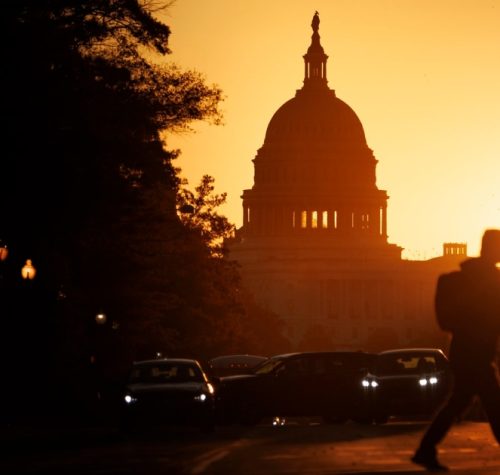
The legislation would keep the government funded through Jan. 30, without extending ACA funds. It now goes to the House, which could vote as early as Wednesday.
Source link

From 1975: Edmund Fitzgerald sinks on Lake Superior
Source link

A new lawsuit accuses Army gynecologist Dr. Blaine McGraw of preying on female patients at Fort Hood and alleges the military ignored years of complaints. NBC’s Courtney Kube has the exclusive report.
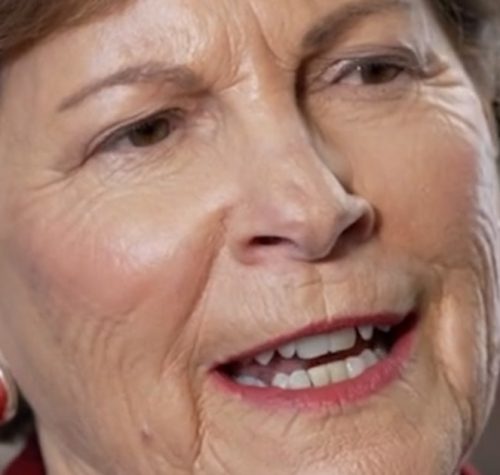
New Hampshire Democratic Senator Jeanne Shaheen tells Ryan Nobles that the tentative agreement to end the shutdown is the “only deal on the table.” The deal does not include an extension of.

Wild dolphin named ‘Mimmo’ appears in Venice
Source link
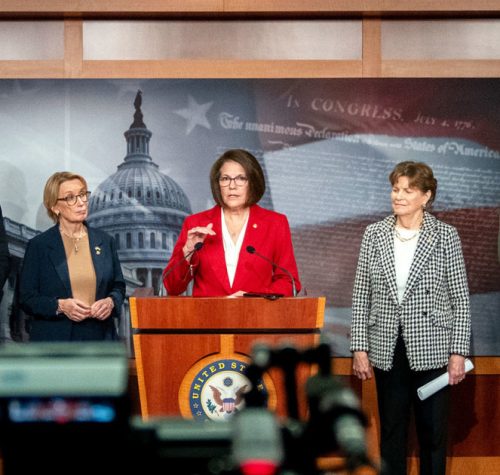
Many Democrats are fuming after eight moderates teamed up with Republicans to end the government shutdown without extending health care subsidies.
Source link